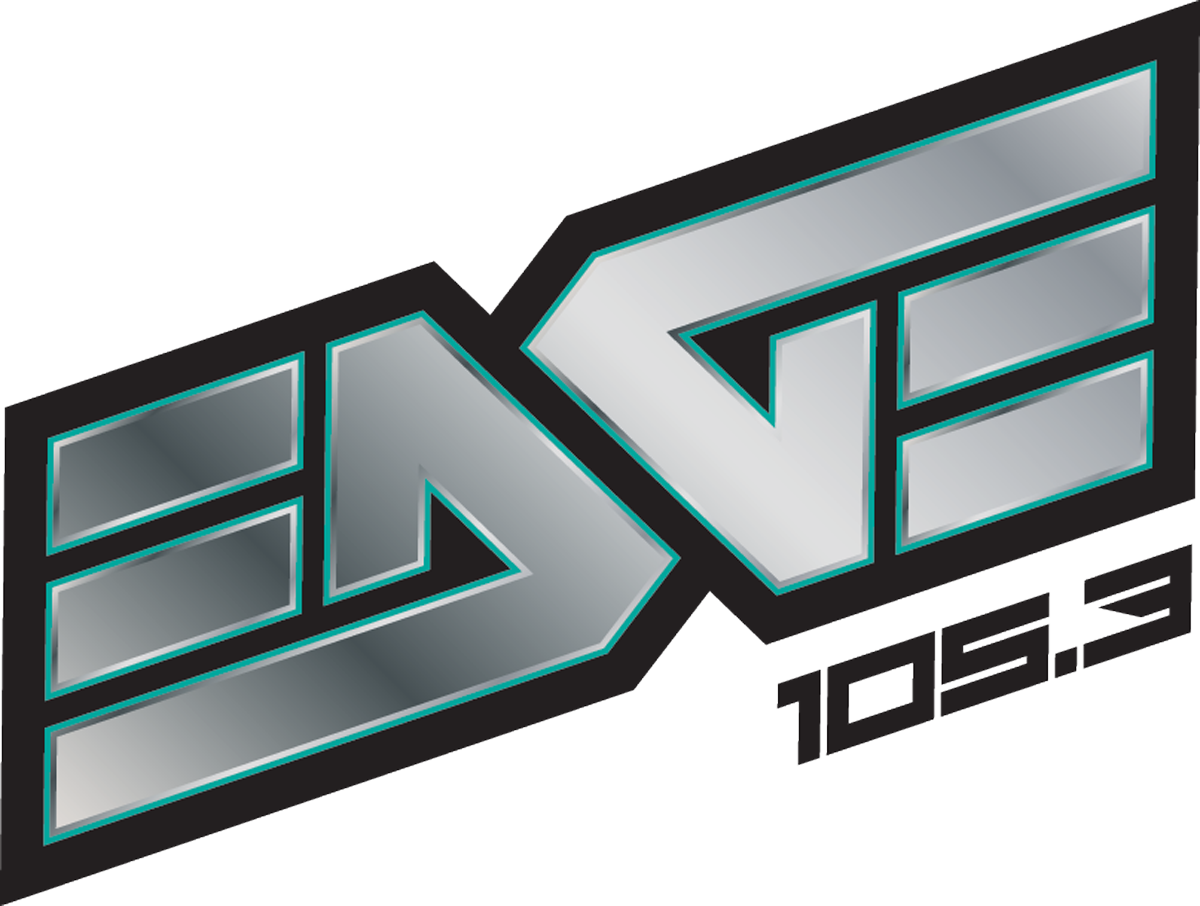August 24, 2022
article reposted by Chelsea

A topic that often gets brushed aside is the very critical one of life insurance. Everybody gets the importance of insuring their vehicles, their businesses, their homes: the things that directly impact their livelihood. But life insurance is in fact as important an asset that should figure in your long-term financial planning. When contemplating buying life insurance, especially if you’re a young person, you need to first understand what it is and how it serves not just you but also the people who will depend on you in the future. Then you will know the type of policy you require to choose from the menu of options that will best serve your needs.
What is life insurance?
At its most basic, life insurance is a contract taken out between you and an insurance company that pays a lump sum, also known as a death benefit, to your beneficiaries in the event of your passing. The amount you are insured for is called the coverage amount, and the payments you make to the insurance company are made monthly or semi-annually and are called premiums. Strict payments of these premiums will keep the policy alive and cause the policy to not lapse. If you are just starting a family, life insurance is a responsible way of providing a safety net for the people who depend on you that ensures they will be financially provided for if you die. Which means they can use the payout in whatever way they choose: whether it’s for paying everyday bills, completing their education or even paying a mortgage. That money will be theirs to continue the dreams you had with them that you got uprooted from.
The main types of life insurance
But life insurance is also so much more than that. This is because there are different types of insurance that offer coverage for different needs you may have.
There are two primary types of life insurance: term and permanent life. The insurance already referred to is term life, which provides coverage for a specific period of time, typically 30 years or less. So if you pass away within the term of your policy, your beneficiaries can make a claim and receive the death benefit money, tax-free. Permanent insurance, on the other hand, provides coverage for a lifetime and is typically more expensive than term insurance because not only does it last for the remainder of your life but it also, critically, builds cash value.
But let us say you aren’t planning on starting a family and you have no dependents, per se. Or you don’t plan to start a family right now, at any rate. This does not mean you don’t need insurance. Nor does it mean that the insurance provided for you on your job is necessarily enough, especially in these inflationary times. It simply means your insurance needs are different. This kind of insurance would be of interest to people who are beginning to think about retirement. Meaning to say, you can use this type of life insurance to supplement your retirement income, which as we know is a large expense, especially these days.
The cash value component accumulates on a tax-deferred basis over the life of this kind policy; in other words, it acts as the savings portion of your policy. This means that typically, you can borrow against the policy’s cash value or make a withdrawal. If you decide to end the policy, you can get the cash value minus any surrender charge. But be advised: in some instances, the cash value may build slowly over many years, so you may not have access to a lot of cash value immediately. So, as I always advise clients in matters where compounding is a key issue, such as building a retirement fund, etc: Don’t procrastinate.
This type of insurance is very nuanced in its outlook, providing different varieties to best meet your specific needs. Among those varieties are whole life insurance and universal life insurance that may be of particular interest. Whole life offers a fixed death benefit in addition to a cash value component that grows at a guaranteed rate of return. A universal life insurance, meanwhile, can offer more flexibility than the whole life insurance policy as there may be some scope to change premium payments and death benefit and the cash value will build depending on the policy type. There may even be, for some of these policies, investment subaccounts that you can choose and manage.
Take another look at life insurance
The time has come for people to expand their views on the importance of life insurance. It is more than providing a safety net for your loved ones when you die; it also entails giving the policyholder assurance through the vicissitudes of life while they are still alive by providing a savings and cash value component, including for chronic and terminal illness, or extra retirement coverage. In some cases, some permanent insurance policies can even offer an optional and added provision that can allow you to accelerate the death benefit component while you’re still living.
In times like these, when there is so much insecurity about the future, consider life insurance as part of your long-term income strategy.
New Blog Posts Weekly
Want to Be a Guest?
MISSED OUT ON OUR SHOWS?
More Posts for Shows: , Cruisin On The EDGE w/ Danae





